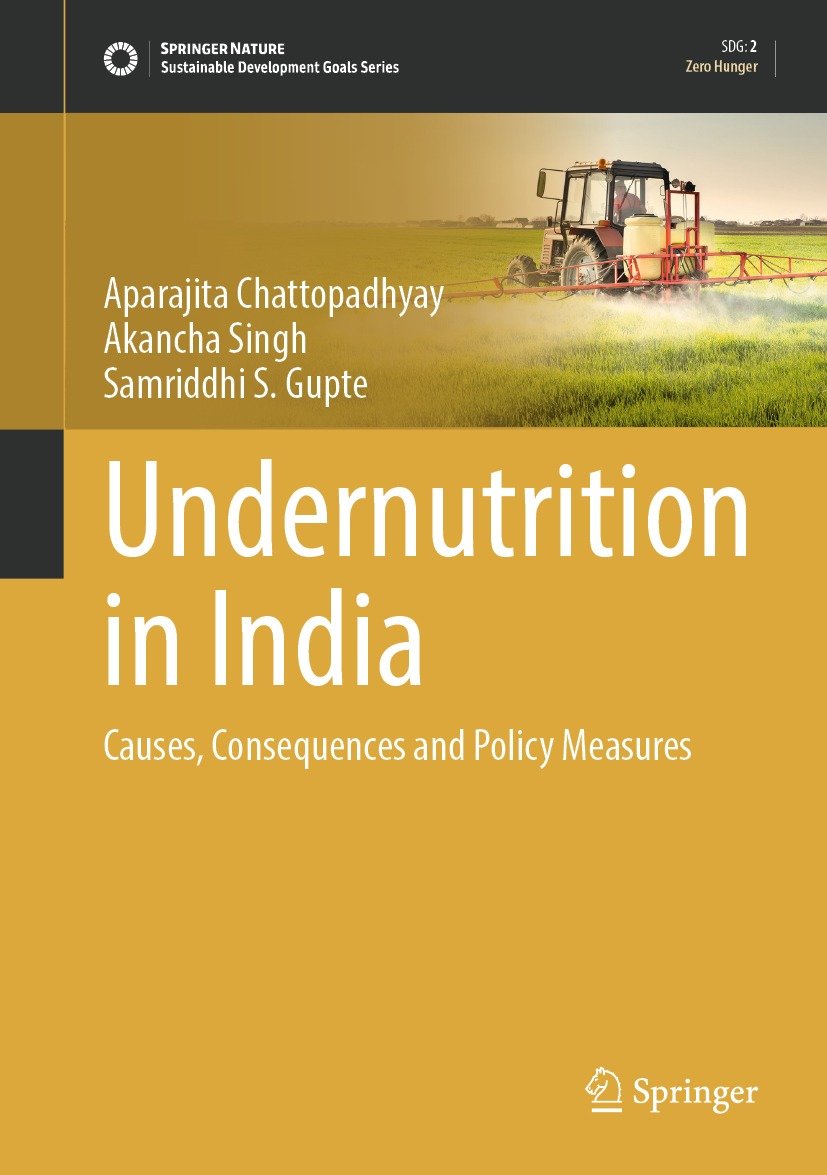This book deals with issues related to undernutrition and anaemia in India. It establishes its interconnectedness with poverty, tribal living conditions, contraception usage, dietary diversity, and socioeconomic inequality. It addresses SDG 2, namely end hunger, achieve food security and improved nutrition, and promote sustainable agriculture. It puts forth the linkages between mother's economic empowerment and children's nutritional status, anaemia of women with particular reference to tribal women, and the issues associated with anaemia in India. It also delves into the relationship between contraceptive usage and anaemia level. It explores the proximate and intermediate determinants of undernutrition disaggregated at the state level in India. It elaborates the importance of ensuring food security and suggests policy measures to improve maternal and child health. The book is an asset for all researchers, academicians, clinicians and policy makers dealing with sociology, economics, public policy, social work, population study, gender issues, biostatistics, health, development, and nutrition.


